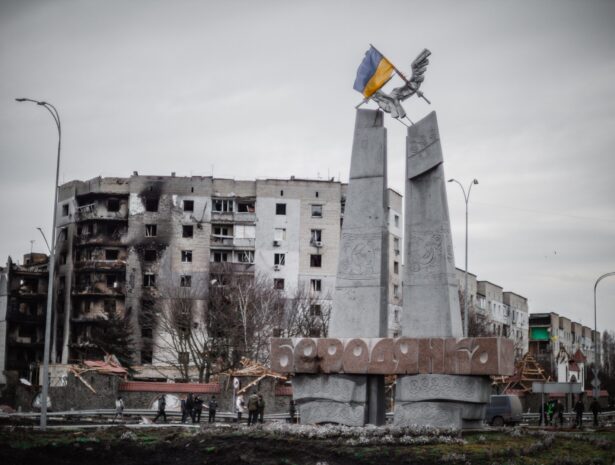War against Ukraine
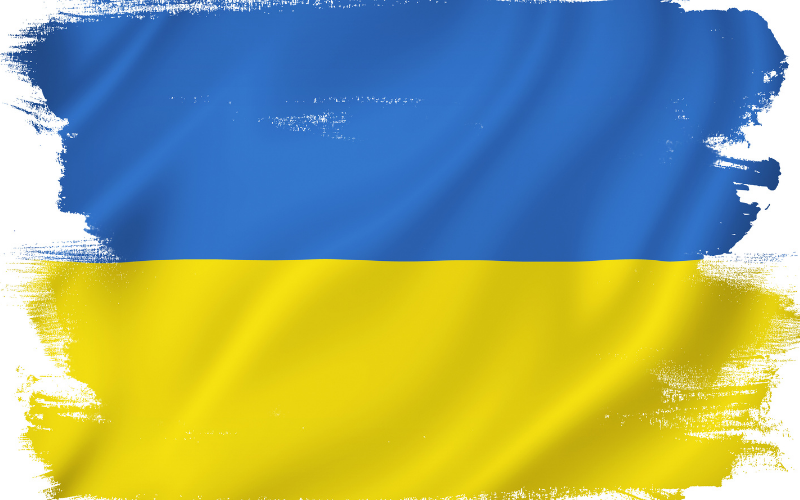
On February 24, 2022, Russia escalated its war on Ukraine by launching a massive wave of attacks on the entire country. This is the first time in decades that Europe has been the scene of a major military conflict. The death toll is rising with every day that passes. The Arolsen Archives regularly report on facts, individual fates, and historical context in order to provide sound background information about diverse aspects of the war.
Why does Putin use the term “denazification” to justify his war of aggression? What can we do for survivors of Nazi persecution who live in Ukraine? Why is Putin using the politics of memory as a weapon? How can we preserve Ukrainian archives? We provide answers in the interviews and background articles that follow.
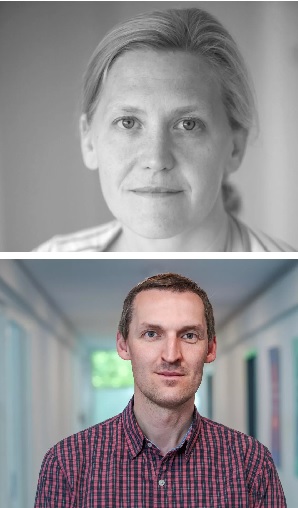
Putin’s “denazification”
The “denazification” of Ukraine is the narrative used by Russian President Vladimir Putin to justify his war of aggression on Ukraine. Dr. Juliane Fürst, an expert on the history of Eastern Europe and Head of the “Communism and Society” department at the Leibniz Center for Contemporary History Potsdam, and Dr. Henning Borggräfe, Head of Research and Education at the Arolsen Archives at the time (now the Director of the NS-Documentation Center of the City of Cologne) talked about this myth and provided some historical context at an online event.
Trauma and re-traumatization
The war in Ukraine can re-awaken memories of earlier experiences of violence and war – even outside the war zone. Social scientist Iris Wachsmuth talked to us about how trauma manifests itself and about how it can be dealt with.
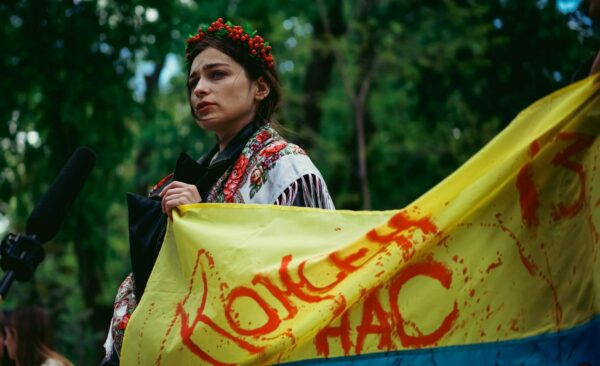
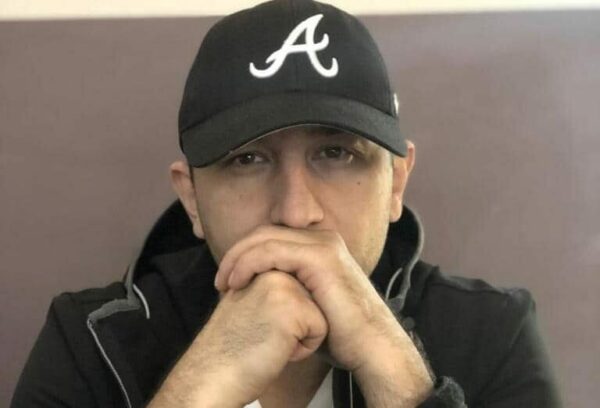
Escape from Ukraine
Millions of Ukrainians have fled their country since the start of Russia’s war of aggression. Andrii Aloshin from Luhansk is one of them. The pastor now provides pastoral care for children who have fled Ukraine at a school in Bavaria.
What the figures really mean
“Death is only the tip of the iceberg.” In this interview, conflict researcher Therese Pettersson explains how to interpret the figures on civilian casualties in a military conflict correctly.
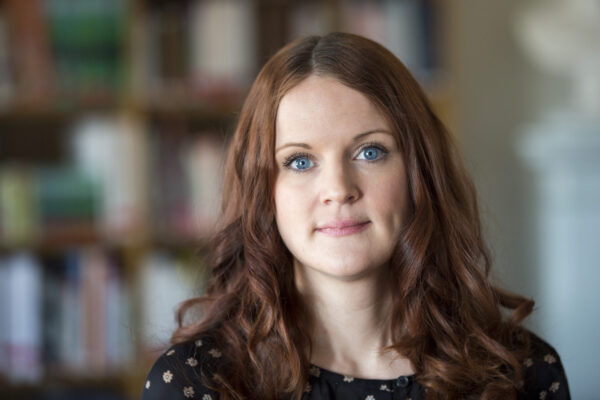
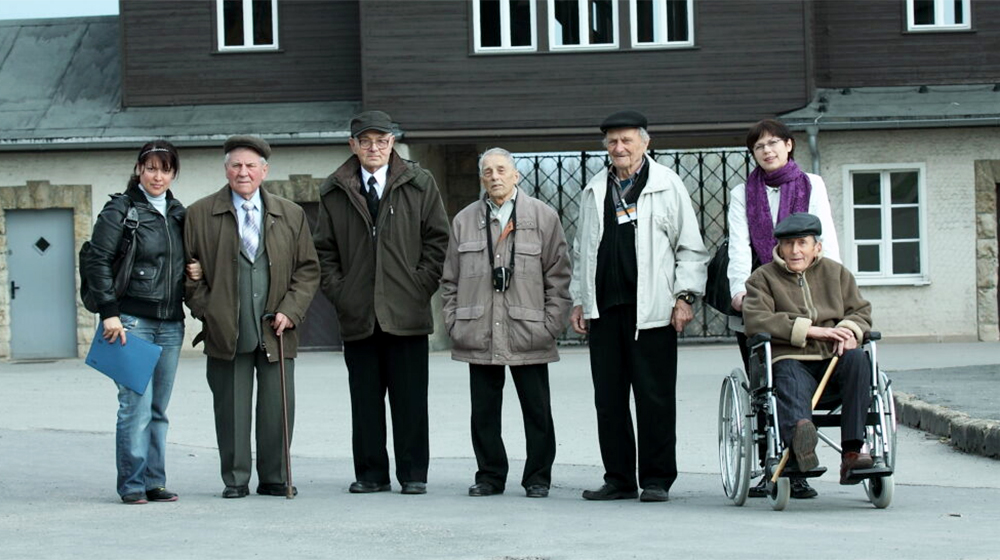 Among those put at risk by the war in Ukraine are numerous elderly victims of National Socialism and descendants of former concentration camp prisoners. The Arolsen Archives are actively involved in the “Aid network for survivors of Nazi persecution in Ukraine.”
Among those put at risk by the war in Ukraine are numerous elderly victims of National Socialism and descendants of former concentration camp prisoners. The Arolsen Archives are actively involved in the “Aid network for survivors of Nazi persecution in Ukraine.”
Read the article
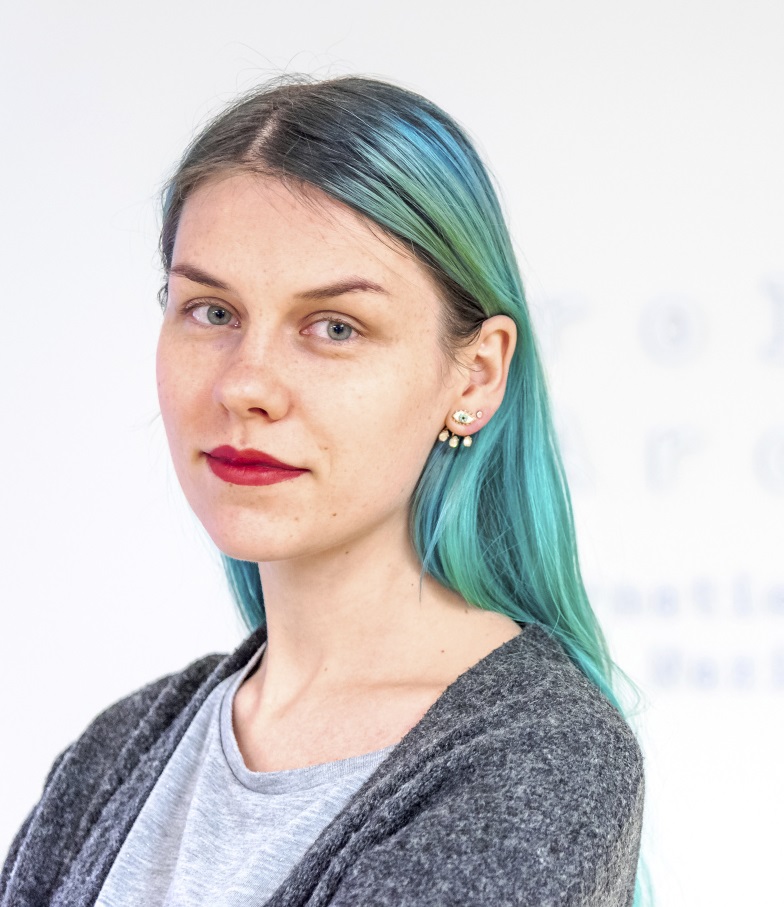
Our employee Hanna Lehun comes from Ukraine. We spoke with her about a special archival collection from Ukraine, about Easter celebrations in her home country, and about the current situation of the Ukrainian archives she works with.
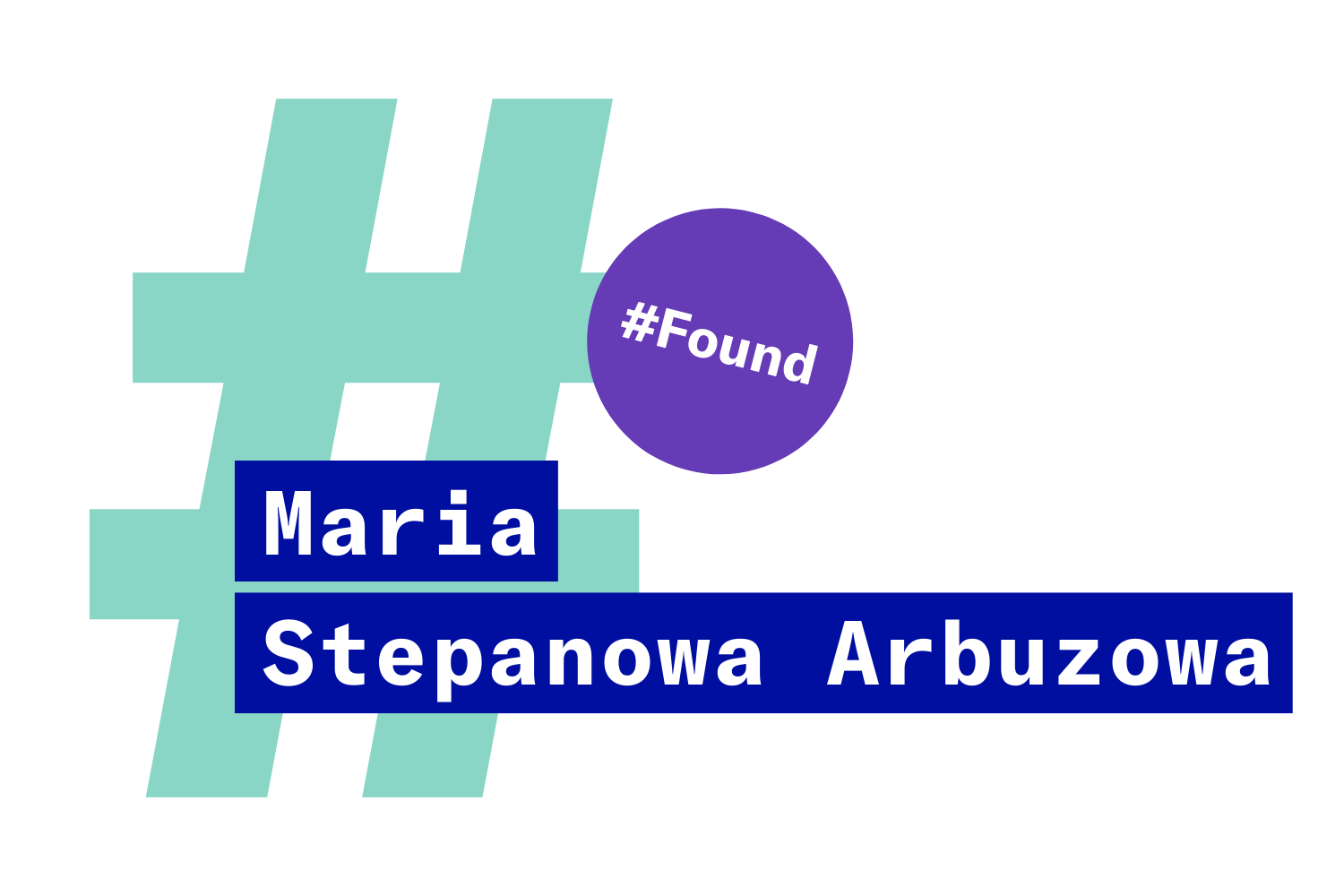
An appeal for information launched by the Arolsen Archives brought swift results for the grandchildren of former Ukrainian forced laborer Maria Arbuzowa. Maria’s descendants in Germany, Ukraine, Spain, and Turkey are now in regular contact.
View the appeal
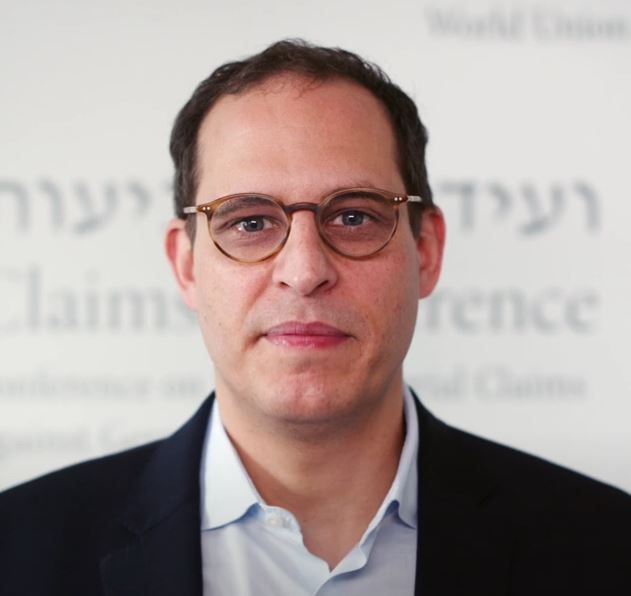 Rüdiger Mahlo, Representative of the Claims Conference in Germany, talks about his organization’s work in Ukraine. The Claims Conference has evacuated a large number of elderly Holocaust survivors from the country since the war began.
Rüdiger Mahlo, Representative of the Claims Conference in Germany, talks about his organization’s work in Ukraine. The Claims Conference has evacuated a large number of elderly Holocaust survivors from the country since the war began.
Watch the video (in German)
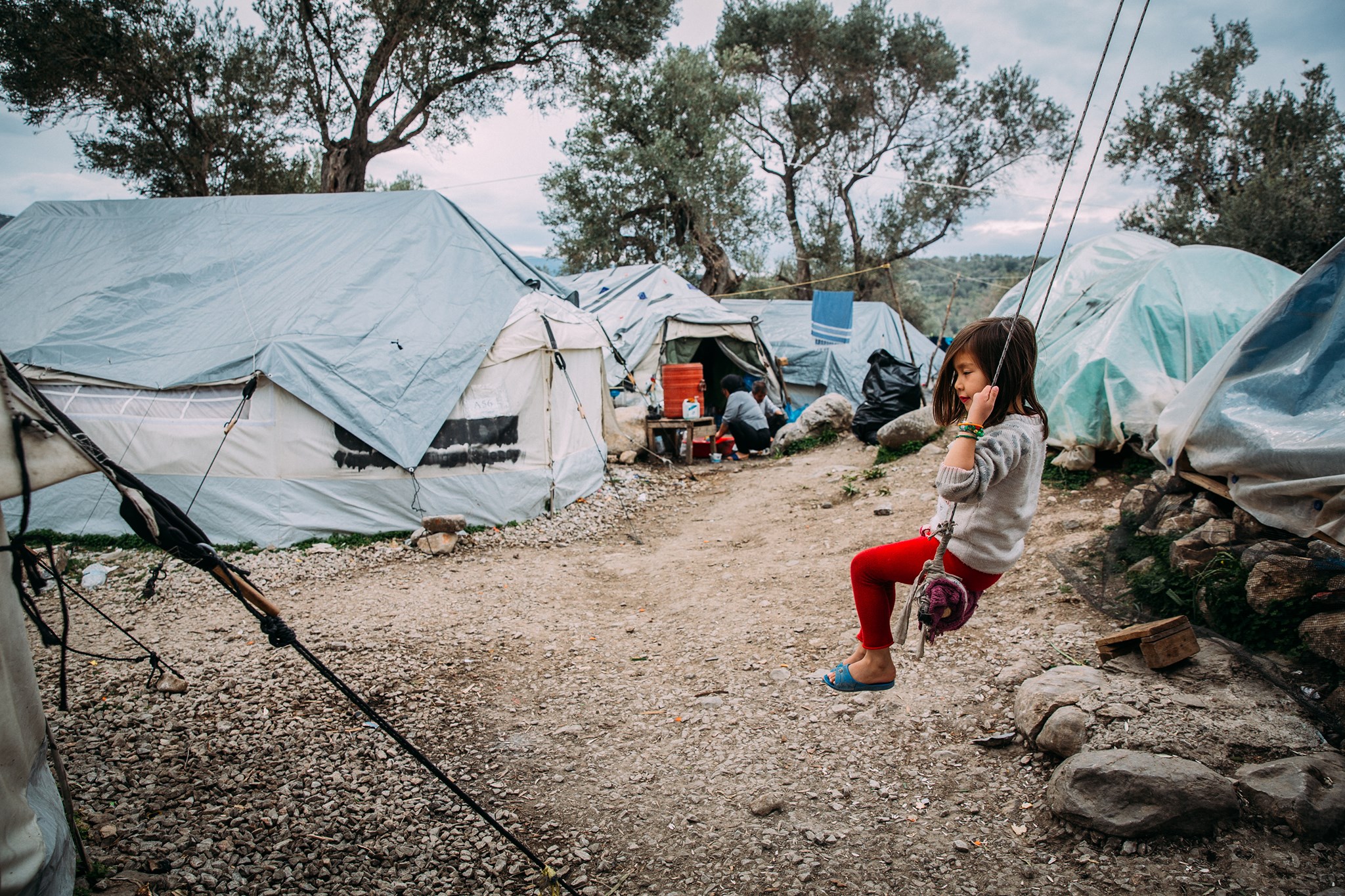 Historian Dr. Christian Höschler provides fascinating insights into the situation of about ten to twelve million Displaced Persons in Europe. He explains how the Allies tried to find them a home after 1945 – and discusses what this chapter of history teaches us about dealing with migration today.
Historian Dr. Christian Höschler provides fascinating insights into the situation of about ten to twelve million Displaced Persons in Europe. He explains how the Allies tried to find them a home after 1945 – and discusses what this chapter of history teaches us about dealing with migration today.
Read the interview
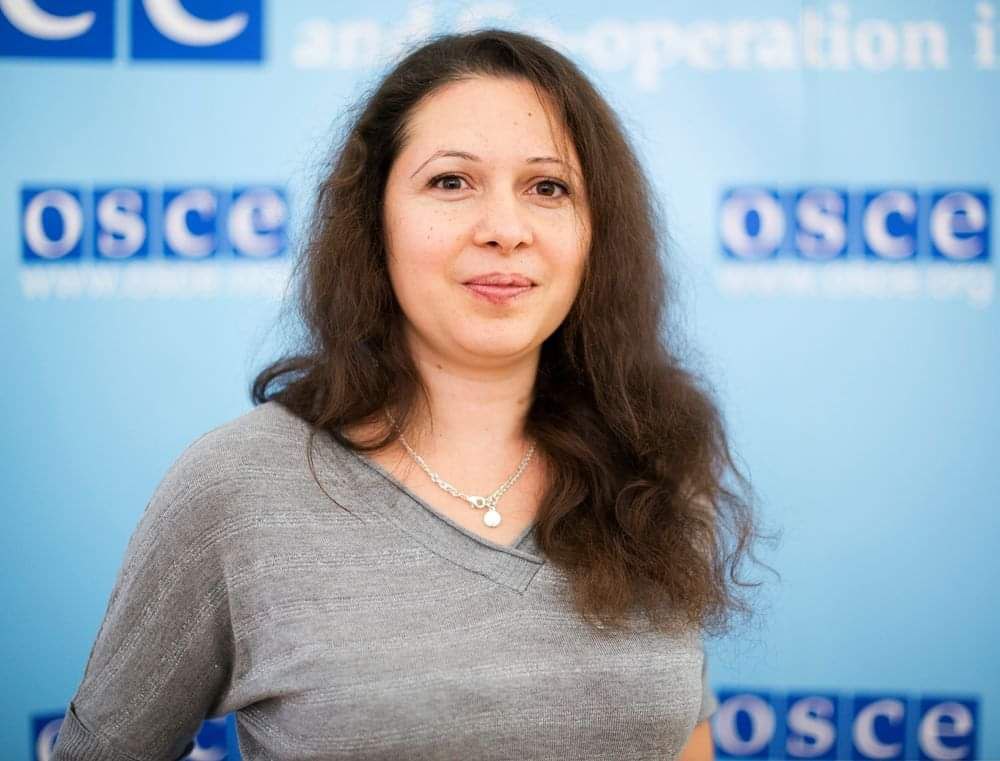 Human rights activist Zola Kundur campaigns for Roma rights in Ukraine. Zola herself managed to leave the country just before the war started. She has received a lot of positive support, but she also describes discrimination experienced by Roma refugees.
Human rights activist Zola Kundur campaigns for Roma rights in Ukraine. Zola herself managed to leave the country just before the war started. She has received a lot of positive support, but she also describes discrimination experienced by Roma refugees.
Watch the video

